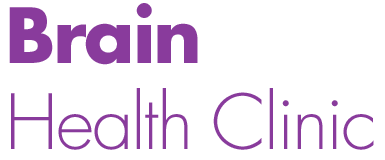 Scientists investigating neurofeedback and sleep disorders have chiefly focused on its role in combating insomnia. Studies demonstrate that neurofeedback reduces the amount of time it takes to fall asleep and that it improves the quality of sleep. This is especially true for patients with Attention Deficit Hyperactivity Disorder (ADHD), and the sleep improvements apparently lead to a corresponding reduction in the inattention common to people with ADHD.
Scientists investigating neurofeedback and sleep disorders have chiefly focused on its role in combating insomnia. Studies demonstrate that neurofeedback reduces the amount of time it takes to fall asleep and that it improves the quality of sleep. This is especially true for patients with Attention Deficit Hyperactivity Disorder (ADHD), and the sleep improvements apparently lead to a corresponding reduction in the inattention common to people with ADHD.
A possible mechanism to explain this benefit from neurofeedback, both for people with ordinary brain function and ADHD, is the specific effect of neurofeedback on stage 2 sleep. This stage is not the well-known “dream sleep,” but it is the level of sleep that occupies us for most of the night. During stage 2, a specific form of brain activity occurs that registers on diagnostic instruments as “sleep spindles.” Investigators have demonstrated that sleep spindles are connected with improvements in our ability to learn after the resting period is completed. Neurofeedback is linked with an increase in the density of sleep spindles during stage 2 sleep. Therefore, it is likely that neurofeedback is improving both sleep and the daytime activities that come afterwards.
To determine if you would benefit from neurofeedback treatment for a specific sleep disorder, whether insomnia or otherwise, please contact the caring staff at the Brain Health Clinic in Sacramento. We look forward to helping you get a good night’s sleep!
Schedule an Appointment
